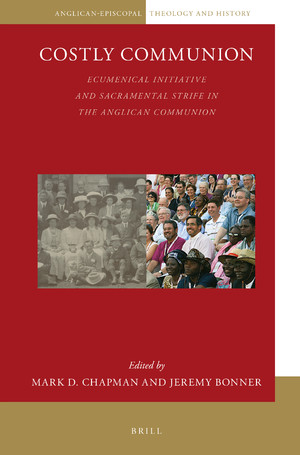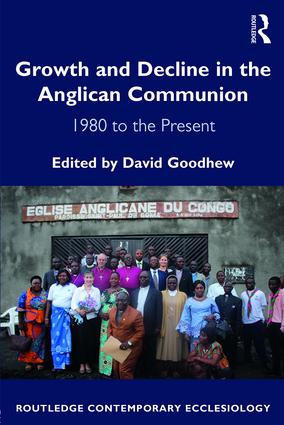The Anglican Covenant and the Church of England
Modern Church has kindly provided a comprehensive listing of how the diocesan synods voted on the Anglican Covenant. Dioceses in red opposed the Covenant, Dioceses in blue supported it, and Dioceses in yellow were divided.
Some preliminary conclusions on the above.
1. The English episcopate did its best to support the Archbishop of Canterbury. Of the forty-one dioceses listed, only four (Derby, Lincoln, Liverpool and Bath and Wells) saw the episcopal bench fully arrayed against the Covenant, while another eight reported a divided house. In three dioceses (Worcester, Rochester and St. Albans), bishops promoting the Covenant faced off against strong opposition among both the clergy and the laity.
2. The Province of York has shown itself much more disposed to support the Covenant than the Province of Canterbury. In the former, eight dioceses have voted in favor and only four against (two others were divided); in the latter, nine dioceses have voted in favor and thirteen against (with another six divided).
3. There are some very decided regional clusters, both supporting and opposing the Covenant. Northwest England has five pro-Covenant dioceses (Blackburn, Bradford, Carlisle, Chester and Sheffield), while the Southwest offers a similar anti-Covenant posture (Bath and Wells, Gloucester, Salisbury, Truro and Worcester). The Southeast, by contrasts, boasts half of the divided dioceses, including such significant players as Ely, Chelmsford, Guildford and Oxford.
4. The individual figures point to persistent tensions at the diocesan level. Extremes such as the lay vote of 93% in favor of the Covenant in Coventry or the clergy vote of 87% against the Covenant in Derby are not the norm. Chelmsford (where the episcopal delegation was split) and Hereford are both dioceses that are clearly on a knife edge, but note also the lay vote of 40% in favor of the Covenant in that bastion of South Bank theology, the Diocese of Southwark. By the same token, the strong anti-Covenant vote in Michael Nazir-Ali's former diocese of Rochester is, on the face of it, perplexing. In Guildford, Leicester and Oxford, the clergy appear to oppose the Covenant and the laypeople appear to support it, which should make for some interesting conversations over the next few months.
5. All in all, it looks as if the Church of England is pretty much evenly split between pro-Covenant and anti-Covenant dioceses. That is not a recipe for harmony. The unraveling that began in 1998 looks set to continue and my fellow countrymen had better prepare for what their American counterparts went through in the 2000s. It isn't going to be pretty.
Update (April 1)
6. Both London and Manchester have now voted and reveal the same pattern of strong clergy opposition and slightly weaker lay opposition. I know too little about Manchester to have had any expectations, but the vote in London surprised me, not least the breaking of episcopal ranks on the part of one of Bishop Chartres' diocesans. Compared with Southwark, the pro-Covenant vote was eight points higher among the clergy but only two points higher among the laity.
Update (April 25)
7. Southwell & Nottingham and Chichester have both broken heavily in favor of the Covenant. It may be a largely academic exercise at this point, but it confirms the strong pro-Covenant stance in northern England. If Newcastle and York follow suit, it will present some interesting questions about the future of the Church of England.
Update (April 29)
8. A resounding vote in support of the Covenant in York (far greater than in Canterbury) and - perhaps surprisingly - a defeat in Newcastle. The lay vote in Newcastle was very close (testimony, one assumes to the Evangelical presence), but more than two-thirds of the clergy rejected it.










